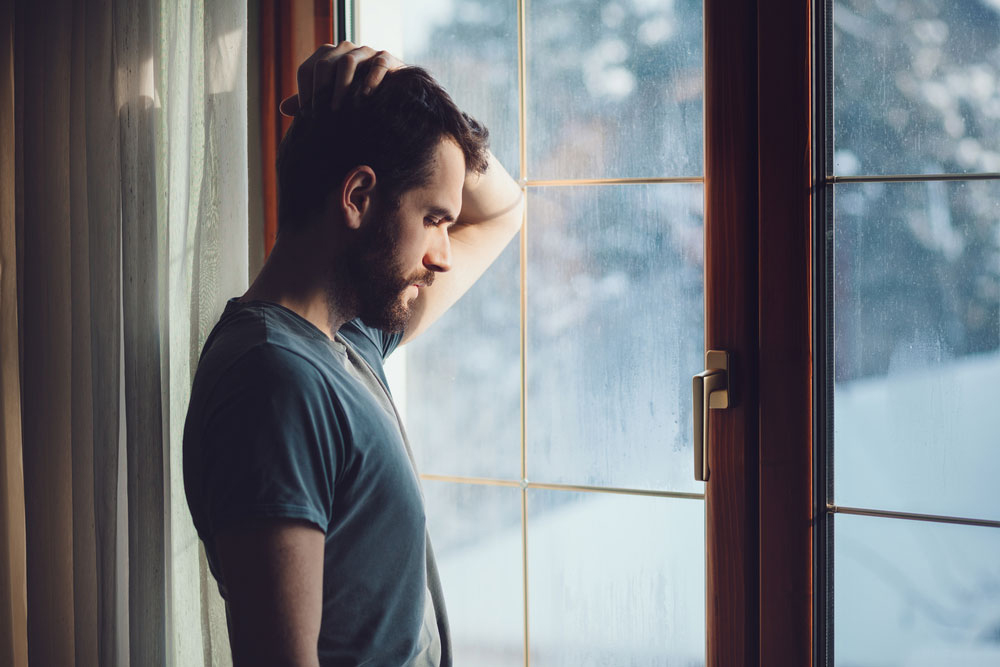The ups and downs of bipolar disorder can be challenging to manage even without external influences. But when recreational and prescription drugs are in the picture, they can complicate bipolar’s trajectory, posing significant risks. What are the most dangerous substances for a person living with bipolar to experiment with?
1. Alcohol
Alcohol is a central nervous system depressant. While it might offer temporary relief from bipolar symptoms, it can exacerbate episodes of mania and depression in the long run. Alcohol can also interfere with the efficacy of medications prescribed to manage bipolar symptoms, making mood episodes more frequent and more severe.
2. Stimulants
Stimulants like cocaine and meth can be particularly harmful to someone with bipolar disorder. The euphoria they induce can trigger manic episodes, pushing you into dangerous behaviors and heightened states of agitation or aggression. The crash or comedown from these drugs can also lead to severe depressive episodes.
3. Cannabis
While many advocate for marijuana’s calming effects, its impact on someone with bipolar disorder can be detrimental. Studies have suggested that the high-THC strains available in many dispensaries can trigger psychosis and increase the frequency of mood fluctuations.
4. Hallucinogens
Hallucinogens like LSD and PCP distort reality, which can be extremely problematic for someone with bipolar disorder. These substances can exacerbate psychosis, increase paranoia and intensify mood episodes.
5. Sedatives
While sedatives like Valium, Xanax and Ativan can alleviate anxiety, reduce seizures and muscle spasms and encourage restful sleep, they can also lead to a dangerous dependency. Overreliance on benzodiazepines can diminish these drugs’ efficacy, causing you to seek increasingly higher doses over time. This heightened consumption can lead to overdoses and intensified depressive episodes.
6. Caffeine and Nicotine
While not illicit, these stimulants can impact sleep patterns and mood stability. They can contribute to manic episodes and make medications less effective.
The Complex Relationship Between Drugs and Bipolar Disorder
If you live with the daily challenges of bipolar disorder, drug use may seem like an easy way to self-medicate. However, your mental health makes drugs more dangerous.
- Drug-induced episodes: Substance use can trigger severe manic or depressive episodes, making it harder for you to regain stability.
- Medication interference: Many drugs interfere with the therapeutic effects of medications prescribed for bipolar disorder, reducing their effectiveness and potentially leading to more frequent or severe mood episodes.
- Dual diagnosis: Many people with bipolar disorder have a co-occurring substance use disorder, known as dual diagnosis. This situation can make treatment more complex and recovery more challenging.
Get Dual-Diagnosis Help Now
At PACE Recovery, we understand the intricate web of challenges substance use can pose for people with bipolar disorder. Our experienced team is familiar with dual diagnoses, ensuring our clients receive comprehensive care tailored to their unique needs.
If you have a dual diagnosis of bipolar disorder and addiction, you don’t have to face your problems alone. We make it possible to lead a balanced, fulfilling life with our integrated treatment plans that address every aspect of your well-being. Reach out to us today to learn about our men’s-only recovery center in California.



